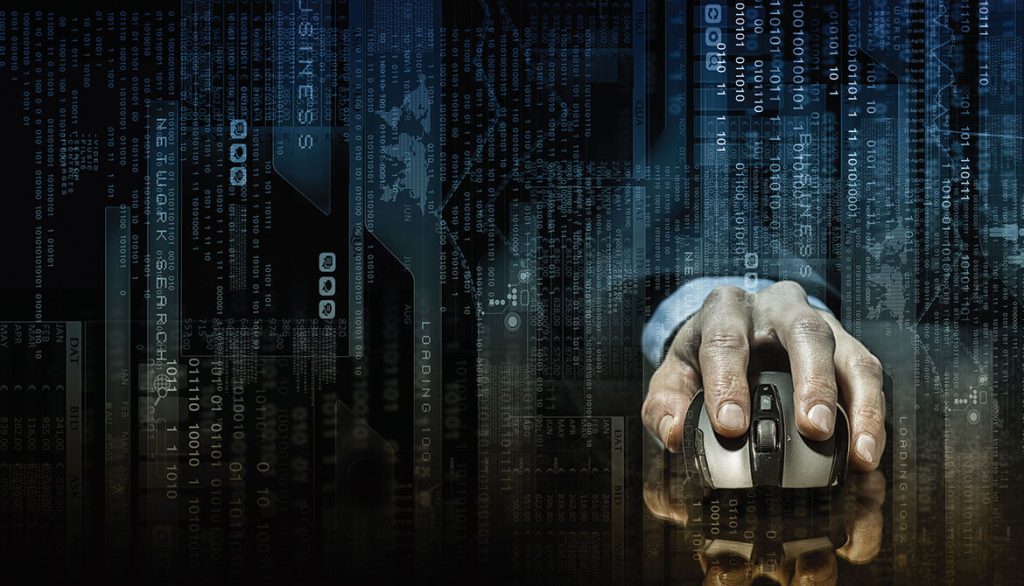Darknet links play a crucial role in preserving freedom of expression online by providing a unique and vital platform that shields users from censorship, surveillance, and repression. In many parts of the world, governments, corporations, and other powerful entities increasingly monitor and restrict internet activity, stifling voices that challenge prevailing narratives or expose uncomfortable truths. Darknet links, accessed through privacy-focused networks such as Tor, enable individuals to communicate, share information, and express opinions without fear of retaliation or identification. This level of anonymity is essential for journalists, activists, whistleblowers, and ordinary citizens living under authoritarian regimes or in environments where dissenting views are criminalized. By circumventing traditional forms of internet control, darknet links empower users to maintain a free flow of information, which is the bedrock of democratic societies. One of the fundamental ways darknet links uphold freedom of expression is by enabling secure and anonymous communication channels. These links allow users to bypass censorship mechanisms imposed by state firewalls or corporate intermediaries, ensuring that content deemed controversial or politically sensitive remains accessible.

This is particularly important for individuals who face persecution for their speech, such as human rights defenders documenting abuses, political dissidents challenging oppressive governments, or marginalized communities whose voices are often silenced. This protection encourages users to speak more freely and share information that might otherwise be suppressed or altered in mainstream digital spaces. Moreover, darknet links contribute to the democratization of information by allowing whistleblowers and journalists to leak sensitive data without exposing their identities. Platforms hosted on the darknet provide anonymous dropboxes and forums where insiders can reveal corruption, corporate malfeasance, or government wrongdoing, fueling investigative journalism and public awareness. The ability to safely disseminate such information strengthens accountability and transparency, critical components for healthy governance and informed citizenry. By facilitating these disclosures, darknet links serve as a counterbalance to censorship and propaganda, enabling people worldwide to access uncensored truths that might be hidden or distorted on the surface web.
The importance of darknet links extends beyond political expression to include cultural, social, and intellectual freedoms. They allow users to explore and share ideas, art, literature, and discussions that might be restricted or taboo in their societies. For example, individuals in conservative or repressive environments can connect with others who share similar identities, interests, or beliefs without fear of persecution. This fosters a diverse, pluralistic online ecosystem where innovation, creativity, and alternative perspectives can thrive. In this way, darknet links not only protect individual rights but also enrich the global digital culture by providing a refuge for free thought and experimentation. However, it is important to acknowledge the complexities surrounding darknet usage, as these same features that protect freedom of expression can also facilitate illegal activities. Despite this dual nature, the ethical imperative to safeguard free speech and privacy remains paramount. The darknet’s role as a sanctuary for vulnerable voices and marginalized communities cannot be understated, especially in an era where digital repression is increasingly sophisticated and pervasive. Ultimately, darknet links are an indispensable tool for preserving freedom of expression online, offering a digital refuge where people can exercise their fundamental right to speak, share, and seek truth without fear.